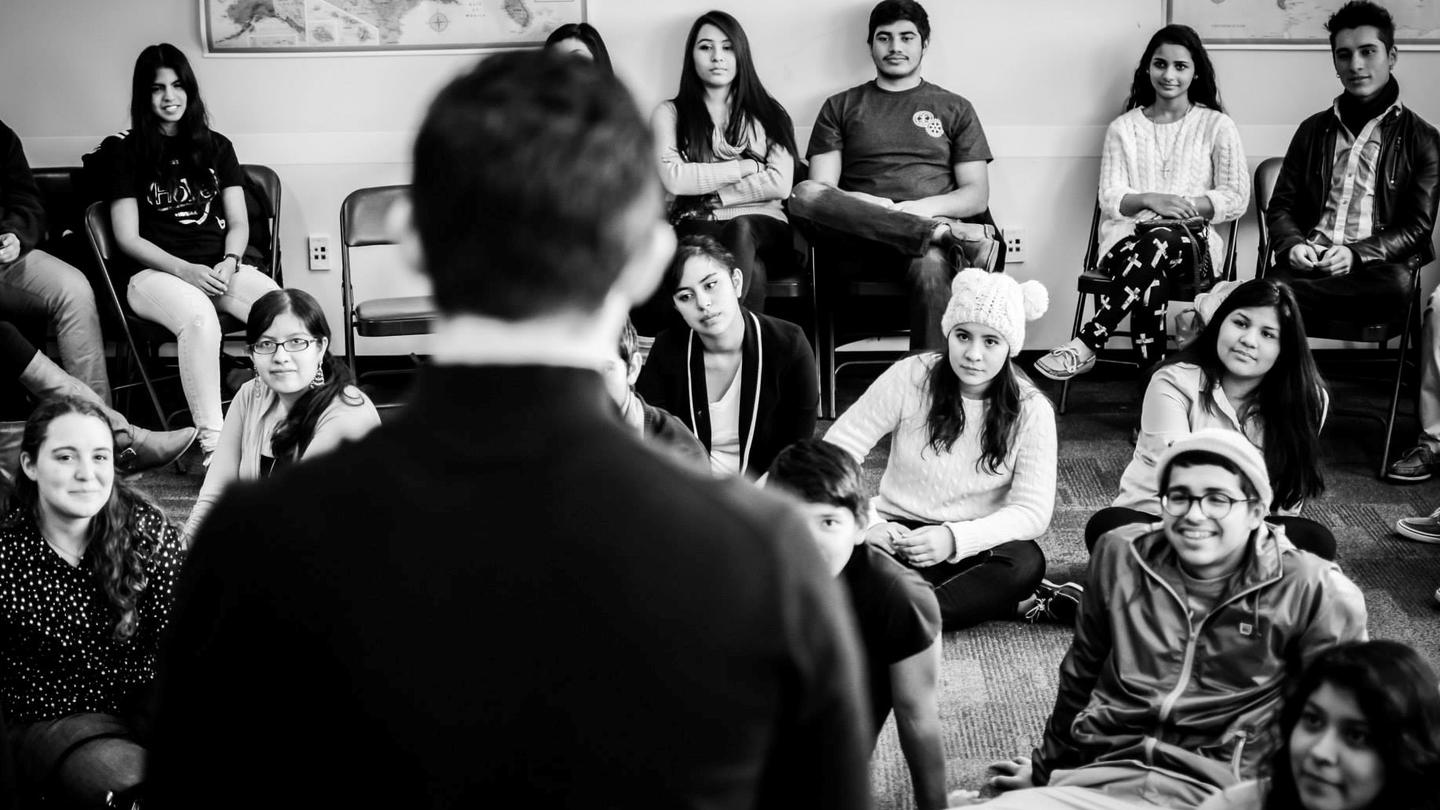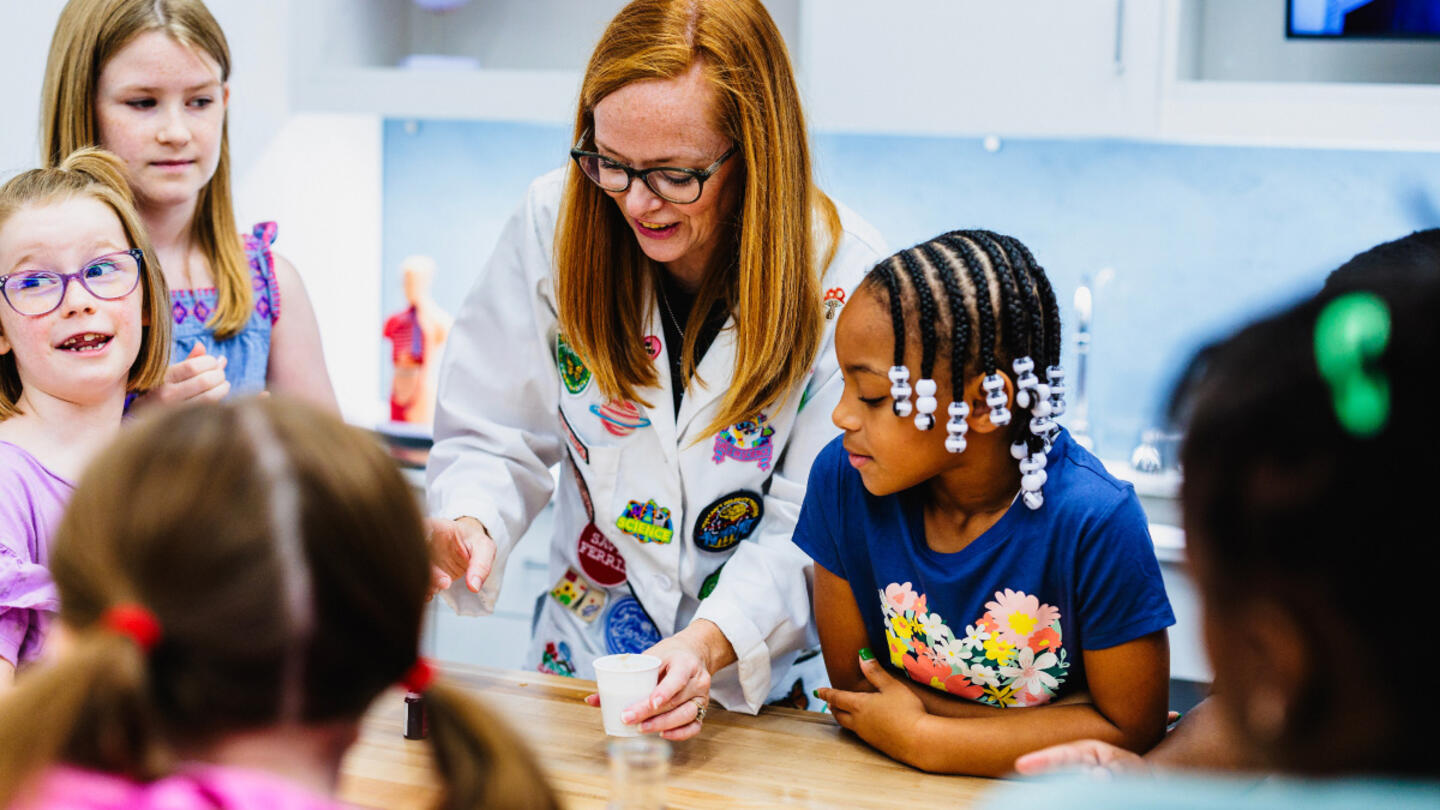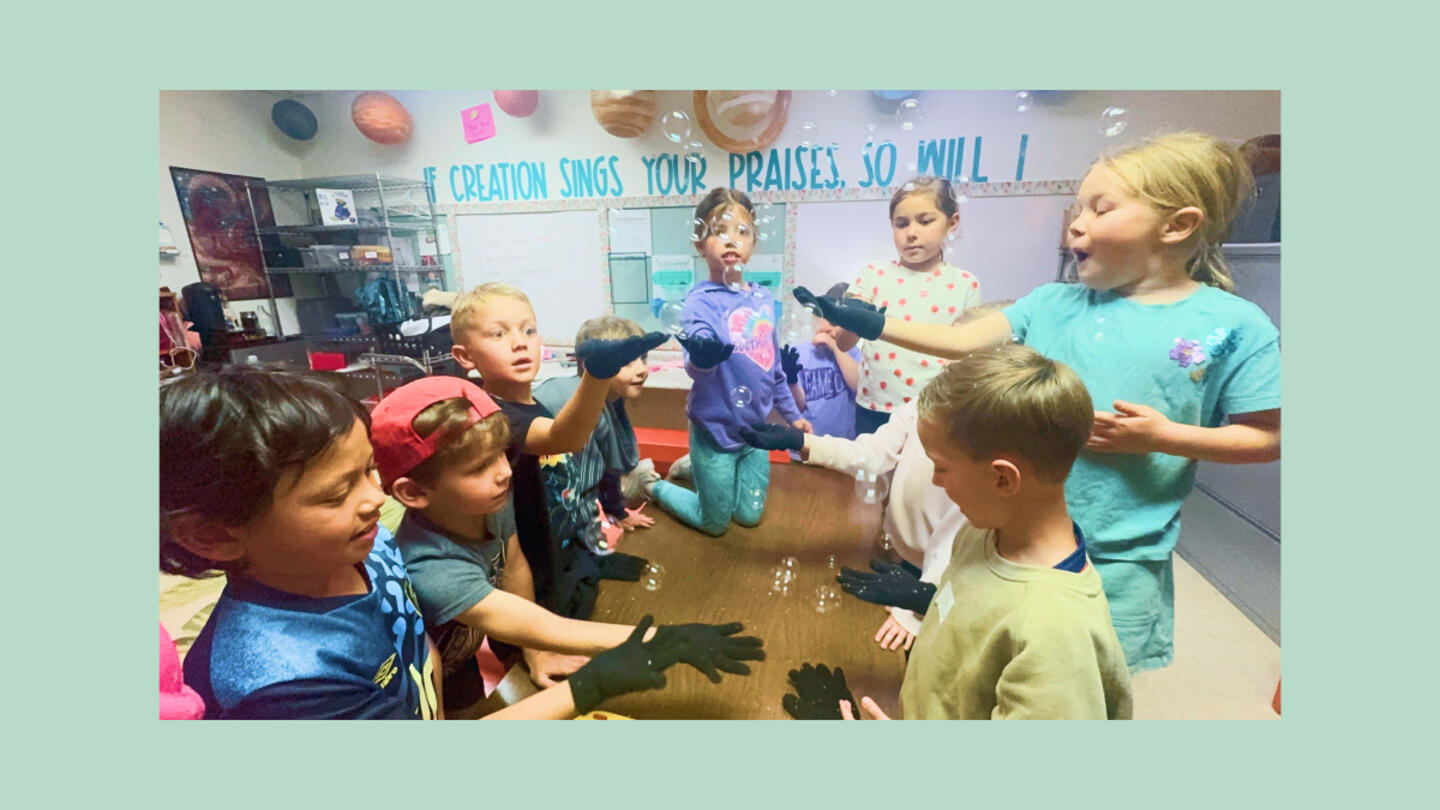Eleven years ago, David Araya and Angela Hurtado, college sweethearts, sat down together for a fast-food lunch, pulled out a yellow napkin and a black pen, and wrote a single word: Esperanza.
It means "hope." Scribbled on a Wendy's napkin more than a decade ago, that one word started the pair on a journey to creating Hispanic Organization Promoting Education. H.O.P.E. began just a few months later, in August 2009, with a pilot program at North Gwinnett High School, David and Angela's shared alma mater in Suwanee, Georgia, just north of Atlanta.
Today, their organization includes 66 local chapters in two states and a new national chapter. David and Angela now marvel about how far their idea has come.
"We had no idea what a nonprofit was!" says David, now 30. "We just knew we wanted to change the world."
Since its founding at North Gwinnett, H.O.P.E., an organization supported by the Stand Together Foundation, has provided a wide range of in-school and after-school programming and community for Hispanic students, including intensive leadership development training, educational coaching and resources, and community service opportunities.
H.O.P.E. has expanded to 63 schools in Georgia. Last year, more than 3,200 students participated in its programs. This year, with the expansion to three new schools in North Carolina and the new national, all-virtual chapter, those numbers are expected to grow well past 5,000 students.
"Why are students dropping out? Why are students not succeeding academically?" Angela asks. "It's not necessarily that they don't have the intelligence. The reason is that they're not connected to the community. That disconnect doesn't allow them to want to go to school or to have a purpose."
H.O.P.E. boasts a 100 percent graduation rate over its first 12 years — every student who has registered for a local chapter has graduated from high school. Angela and David say the secret to their success is simple: The group offers a sense of belonging and connection to Hispanic students — a segment of the population that often feels alone.
"Schools, especially public schools, are so bombarded with so many things," says Angela. "They don't have the capability to create a sense of community, specifically for minorities. That's where we've been able to come in and create that strong anchor. That's really allowed the students to thrive."
Their respective journeys toward that lunch at Wendy's taught them the importance of belonging, and of connection. David was born in Costa Rica and moved to the United States with his family when he was just six years old, eventually settling near Atlanta. Angela is from Colombia and moved to Georgia when she was eight.
The couple, who are now married and have two young daughters, were a few years apart at North Gwinnett. They both remember exactly when they discovered that they were different and when they felt they didn't belong.
For David, it happened as a teenager when he asked his mother for his social security card so he could get his driver's license. He didn't have one, and didn't even know he needed one until that point. He was, unbeknownst to him until that moment, undocumented.
Angela's moment also came in her teens when, on her first day at her new high school, she was pulled out of class and interrogated by administrators, who assumed that a Colombian flag drawing on her binder meant she was a gangster.
Luckily for David and Angela, they have something else in common: A strong mentor. A guidance counselor named Kimberly Murphy was a mentor to both during their high school careers. Mrs. Murphy had a favorite word she invoked often when counseling her students. The word? Esperanza.
"Every student is one caring individual away from being a success story," Angela says. "We both come from families that are very strong, so our parents were always there supporting us. They were working really, really hard. But in the school system, Ms. Murphy was the strong support for us both."
Now, the organization that started with the two of them over chicken nuggets and fries has a staff of seven full-time employees and more than 90 full-time volunteer team members — nearly all of them H.O.P.E alumni.
Membership numbers at local H.O.P.E. chapters range from 40 to 200 students. The clubs typically meet once a month. Students lead the sessions, which often feature guest speakers and focus on the organization's three pillars: leadership, service and education. There are also frequent community service events. At many of the schools, David says, the group is the largest student club on campus.
For a program that relies so heavily on student interaction, it's easy to assume that the virtual learning environments brought on by the COVID-19 pandemic would have presented a crisis. But, true to form, Angela and David instead saw it as an opportunity. So in August, H.O.P.E. launched its 67th chapter, an all-virtual group that is open to students from anywhere in the country. The first virtual meeting attracted more than 500 students.
"It made us really think and analyze and strategize and innovate," Angela says. "Right now, we need to meet our students where they are."
"We also wanted to make sure that it's not just virtual, that there's something tangible," she continues. "So, we created membership boxes — so a student will get an actual t-shirt, and other items that they can feel and touch. It allows the students to feel connected, even though we're all disconnected physically. It's been a really cool thing. It's been a big hit."
Angela and David are modest about the organization's success. They credit its expansion mainly to students, who hear about the program at other schools and push to bring it to their own. In a typical year, H.O.P.E. receives about 30 applications for new chapters, and that number is growing each year.
"We're expanding because the students want the program," David explains. "They flock to it because they know they're getting something powerful in terms of content, but they're also getting something even stronger in terms of community."
"And because it's fun," Angela adds. "High schoolers don't want to be anywhere where it's boring!"
There's nothing boring about their own lives at the moment. In addition to their growing nonprofit, Angela and David just celebrated their sixth wedding anniversary and are busy at home with their two young daughters, ages 3 and 16 months. It's a long way from Wendy's, in other words.
"Yes," Angela says. "God is good."
Learn more about Stand Together's education efforts and explore ways you can partner with us.



